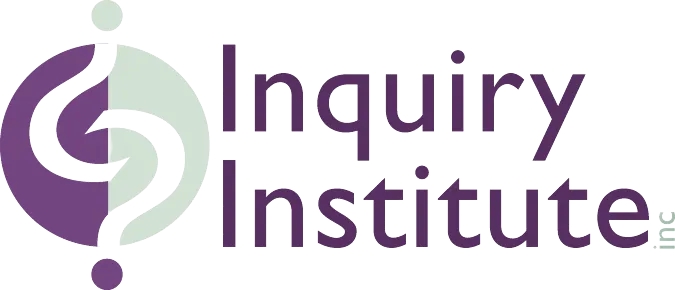Blog

What is an Inquiring Leader?
This definition of the Inquiring Leader was written after much work with leaders and their teams in Fortune 100 companies, government agencies and working with students while teaching at American University’s School of Public Affairs in their Key Executive Leadership Program.
The Inquiring Leader
The term “inquiring leader” refers to leaders at any level who are self‐aware, curious, solution‐oriented, and value asking questions as a core leadership skill. In general, the model and concept of inquiring leadership is meant to complement, supplement, enrich, and operationalize effective leadership thinking and behavior that lead to desired results. Thus, inquiring leaders demonstrate the thinking, communicating, and collaboration skills associated with authentic, strategic, servant, and visionary leadership—all of which are also associated with requisite leadership skills for the 21st century.
Characteristically, inquiring leaders:
1. understand that the quantity, quality, and intention of people’s questions largely determines their ability to learn, think critically and strategically, build and maintain relationships, gather information, make decisions, solve problems, manage conflict, and drive positive change and effective results.
2. recognize that “great results begin with great questions” and that “every question missed is a potential crisis waiting to happen.”
3. ask questions of themselves and others in ways that are constructive rather than critical, that seek to uncover and challenge assumptions, and that promote new thinking and possibility as well as responsibility and accountability.
4. listen carefully and respectfully (especially when not agreeing with what they hear). This listening is focused by solution‐seeking questions such as,” What can I learn?” “What’s useful about this?” and “What are our goals?” They do not listen with problem‐oriented, blaming questions such as, “Whose fault is it?”
5. solicit honest feedback, comprehensive facts, and multiple perspectives.
6. create an inquiring culture in their organizations and on their teams by encouraging people to ask questions of them, each other, customers, and stakeholders.
Accordingly, inquiring leaders:
7. are self‐reflective, self‐correcting, and committed to learning from mistakes and failures. They value continuous learning, growth, and development for themselves and others.
8. are comfortable with “not knowing” and “not being right;” they have humility.
9. have high emotional, social, and moral intelligence, are proactive and responsive rather than reactive, and are skillful with self management.
10. see the “big picture” and think short‐term, long‐term, and systemically.

Learn More

